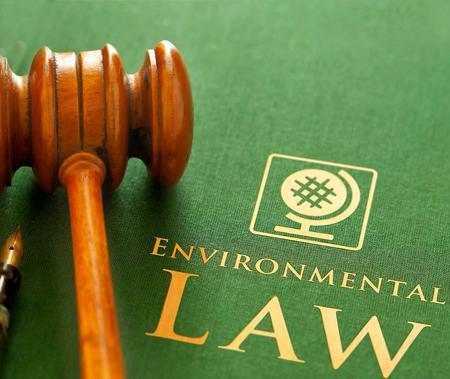Environmental & energy law in simple words
Environmental & energy law in simple words
What is Environmental law?
Environmental law is a system of legal norms that regulate people's relations with nature and their interaction with it.
The peculiarity of ecological relations is that they are associated with human use of the environment, which causes the need for its protection. Therefore, the norms regulating them need to cover both of these sides of the relationship between man and nature.
Environmental law and environmental legislation are based on a number of principles:
- The right to a healthy environment
- Preventing harm to the environment
- Protection of human life and health
- Protection of the environment from negative impacts caused by economic and other activities
- Natural and man-made emergencies
- Reliable information about the state of the environment
- Compensation for damage to the environment
- Create public associations, foundations and other non-profit organizations carrying out activities in the field of environmental protection
The system of environmental law includes people (subject) and the environment (object), as well as the relationships arising between them. The regulation of this area is caused by the need to protect nature from the consequences of vigorous human activity in its development and use, since it can have an extremely dangerous effect, causing many different problems.
What is Energy Law?
Energy law is a field of law that deals with the creation, application and challenge of laws governing the use of energy. There are laws governing
- The production and extraction of energy.
- The taxation of energy use.
Areas of energy regulation
- Atomic energy
- Developing clean energy
- Oil and gas regulation
- International policies
Energy companies and the public need to be guided by energy laws that apply to the sale, use and conservation of energy resources. Many people are unaware of how energy laws and regulations affect their daily lives:
- Every time you refuel your car, you pay electricity tax.
- When you sell a car or renew a license plate, you pay a fee to the state in which you live.
- When you use electricity in your home, you are using energy from a qualified power plant for your business.
There are energy laws at the federal, state and even local levels. Energy laws and policies even affect international relations.
In addition, energy lawyers can help energy companies secure funding and develop new projects. Exploration and extraction of energy require huge capital and often cross international borders. Energy lawyers also represent companies involved in litigation or arbitration.
Be the first to post a message!
